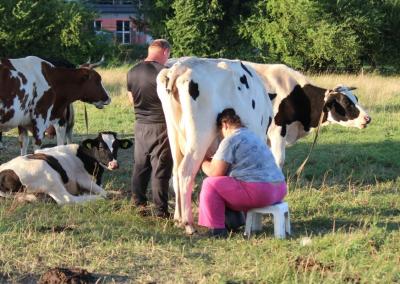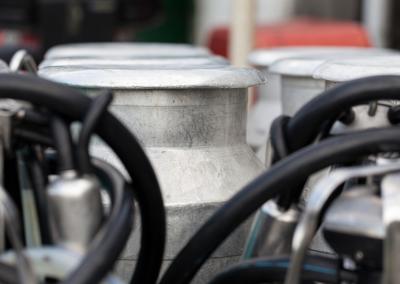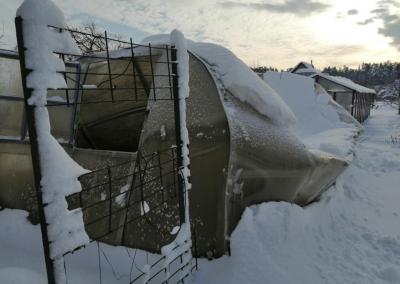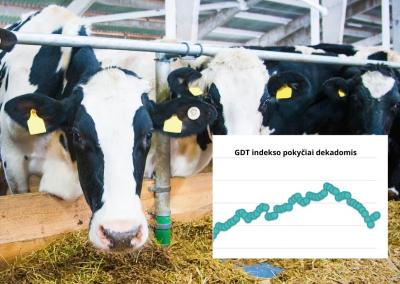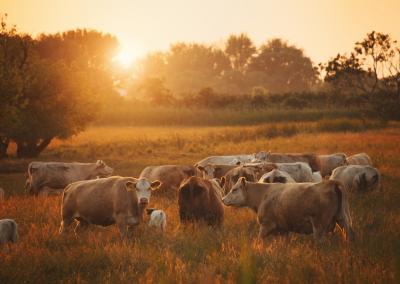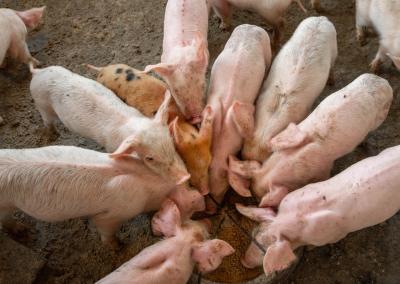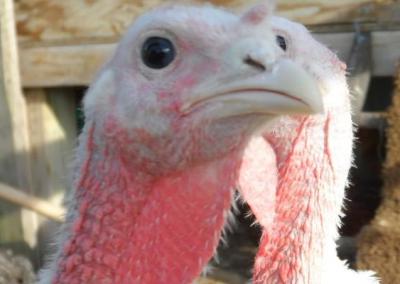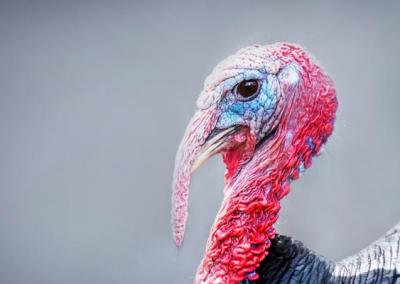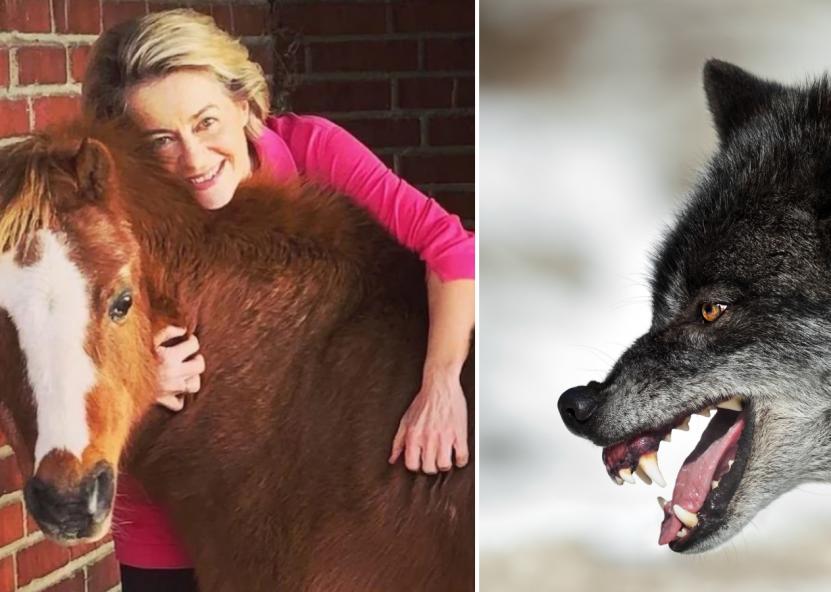Is Europe's indiscriminate protection of wolves coming to an end? Only two countries opposed
Conservationists are outraged that European Union governments have "shamefully" agreed on relaxed guidelines to protect the wolf population on the continent, but this seems to be becoming a reality that greens will have to accept. The decision is very much welcomed by farmers.
Two days ago, the Council of Europe decided that the wolf is likely to be removed from Annex II of the Bern Convention, which includes highly protected species, and moved to Annex III, which includes protected species.
This means that EU Member States will have much more flexibility to regulate wolf populations in their own countries.
Greens are angry that EU diplomats agreed behind closed doors to vote in favour of a proposal to downgrade the status of wolves under the 1979 Bern Convention on the Conservation of European Wildlife and Natural Habitats. The proposal was submitted by the European Commission as early as last December and has now been formally approved.
The European Union will take a position on the revision of the Bern Convention in December 2024. The conservation status of the wolf will be changed from a strictly protected species to a protected species of fauna. Only Ireland and Spain voted against this proposal.
Any amendment to the Bern Convention must be approved by two thirds of its contracting parties. Amendments to the Annexes enter into force three months after adoption.
The conservation status of wolves has been positive in recent decades. The species has successfully recovered across the European continent and the estimated population has almost doubled in 10 years, from 11,193 in 2012 to 20,300 in 2023.
This continued spread has led to socio-economic challenges, particularly in terms of coexistence with human activities and damage to farm animals. According to the latest available data from Member States, it is estimated that wolves kill at least 65,500 cattle each year in the EU.The Bern Convention, adopted in 1979 and entered into force in 1982, is an international treaty under the auspices of the Council of Europe, which aims to ensure the conservation and protection of wild plant and animal species and their natural habitats.
To this end, the Convention establishes legal obligations for the Contracting Parties and protects more than 500 species of wild plants and more than 1 000 species of wild animals.
Its decision-making body, the Standing Committee, meets annually in Strasbourg. The EU and its Member States are Parties to the Bern Convention.
Interestingly, proposals for changes to the protection of the wolf population only came from the European Commission after a wolf in Germany mowed down EC President Ursula Von Der Leyen's pony Dolly in 2022.
„How many sleepless nights and how much pain the rampaging wolf packs have caused to remote families, how much stress farmers and their children have suffered from the carcasses of their livestock - no one cares. But it was enough for one deranged wolf to crawl into Ursula von der Leyen's family barn and slaughter her beloved pony - the fate of all European wolves was quickly decided: the Bern Convention is being amended and wolves are losing their status as a strictly protected species," commented the head of the Lithuanian Association of Cereal Growers, Aušrys Macijauskas, in a Facebook post on the whole epic of the amendment of the Berne Convention.
„We are pleased that the European Union institutions are listening to the needs of farmers and rural populations, despite the many pressures from those who often do not face the consequences of the attacks“, – Copa-Cogeca, the most powerful farmers' union in Europe, commented on the decision of the European institutions.

































